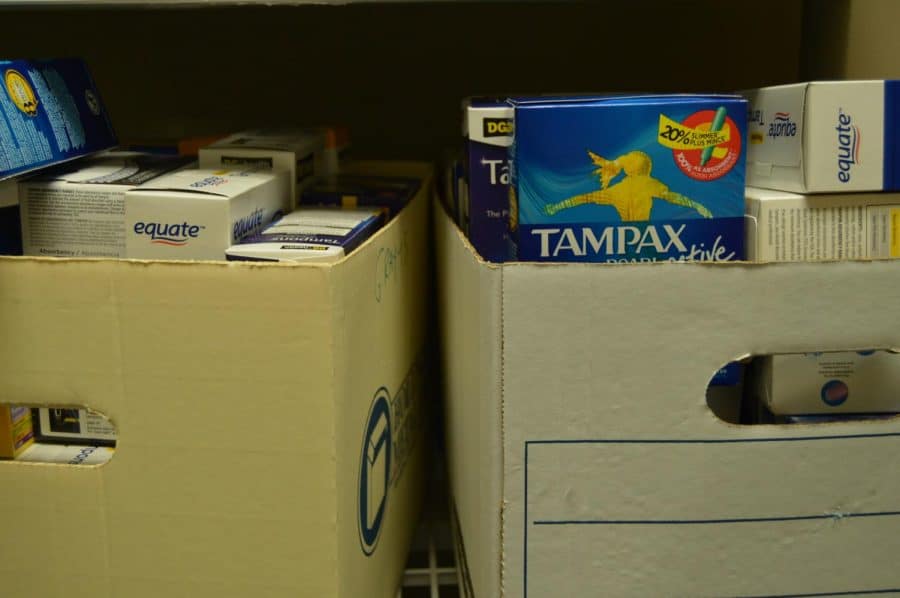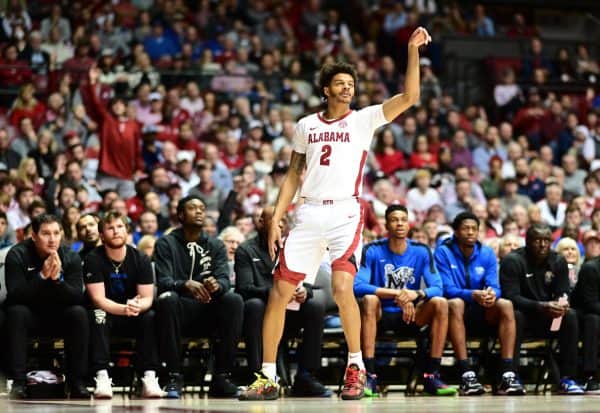UA housing policies harm homeless students
December 6, 2018
For Carina Villarreal, a junior majoring in public relations, helping less fortunate people and speaking out against injustice are some of her passions.
“If there’s any type of injustice, I have the authority to step in,” Villarreal said. “There is never a space where I don’t feel comfortable stepping in.”
During a summer mission trip to Indonesia, Villarreal visited places like brothels and orphanages. She said the disparities she witnessed there inspired her to to try to help people when she returned to America.
“I grew up Catholic, but I always – for school purposes – needed to have volunteer hours,” Villarreal said. “When I came here, I realized that that’s truly not what it’s about, and I dove into my true passion, which is helping people.”
With breaks from classes, most residence halls close when classes are dismissed and open up shortly before classes start again. For Thanksgiving, some dorms were closed Nov. 21 through Nov. 23. With the end of the semester approaching, most students will be going home to their families for the holidays.
However, some students will be in need of a place to stay during winter break when most dorms are closed Dec. 15 through Jan 8. Burke Hall is the only residential hall on campus that stays open for breaks.
Villarreal and her friend, Maggie Bullington, a sophomore majoring in human development and family studies, work with the Chi Alpha Campus Ministry, a ministry that focuses on college campuses because it is viewed as the world’s most influential institution, according to its website.
Bullington, a resident advisor in Tutwiler Hall, said she thinks that dorms should stay open during breaks.
Shannon Hubbard, program coordinator for Alabama REACH at the University, an organization that provides support for foster youth, orphans, emancipated minors, wards of the state and homeless youth, said REACH lets students in these situations interact in an environment without stigma.
“People don’t like to say ‘I’m homeless,’ or ‘I’ve been in foster care,’” Hubbard said. “That’s very stigmatizing, and they come here for a fresh start.”
As of this month, REACH will be comprised of 30 students from different backgrounds.
“A lot of people think ‘It’s The University of Alabama, how do we have homeless students on this campus?’” Hubbard said.
Hubbard said there are many different reasons that students become homeless. Examples include not being able to pay rent if a roommate moves out or if a student uses all of their resources just to come to the University.
“They’re not what most people would think when they think of a student who is homeless or is utilizing services,” Hubbard said. “These are not students who are trying to use the system to get by, they are students who use our pantry for toiletries and basic items.”
One major benefit of REACH is REACH students can stay in Burke during breaks.
“Burke does stay open, and we can work out arrangements for our students, if they are already living in a dorm, to be housed during breaks,” Hubbard said. “They may have to move from the one they are currently living in to the one that stays open, but we don’t have to worry about them not having anywhere to go.”
When dorms close during breaks, it leads to problems for students who have nowhere to go or do not have enough resources.
“Obviously it forces people to find somewhere to live if they’re homeless,” Villarreal said. “Outside that, say if people are not in a good family situation, it forces them to either go back into a traumatic situation, go back into a situation where they’re not healthy or safe just because the dorms won’t open.”
To Villarreal, it would be worthwhile to hire campus staff so students can stay on campus when they have nowhere to go during breaks.
“There are people that don’t have anywhere to go during Christmas break, spring break, Thanksgiving break, fall break, and they’re left with, what, staying in their car?” Villarreal said. “They’re not allowed to be in their dorms.”











